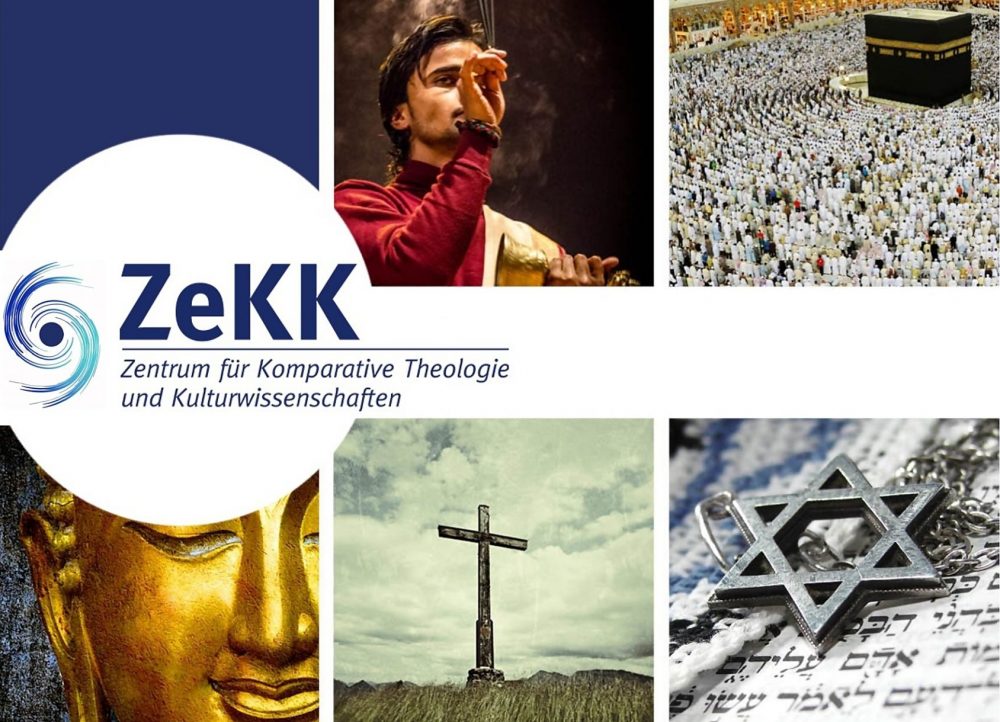Like any other phenomenon, religion has proven its presence in the online world since its inception. All religions have contributed to the creation of websites and pages that serve to highlight their message, call for their faith, and respond to their opponents.
The use of social media by moderate religious institutions, formal and informal, is of great importance that could not be neglected because younger generation is increasingly active in these spaces, and nurture its religious and moral culture from it.
From its side social media greatly influences the concept of religious authority, and the relationship between a believer seeking advisory opinion and religious scholars. It provides the ability to meet a wide range of clerics anywhere in the world. It allows to choose a satisfactory opinion or the preferred preacher to adhere to his/her opinion. It can even imposes on preachers to change their style. Today – thanks to the space of freedom offered by the virtual domain – a person is able to engage in several religious topics including the formation of a new religious consciousness with its positive aspects and the issues like religious renewal and reform.
The online world also offers space for political or religious extremists. Away from government censorship they are able to express their ideologies and radical ideas Online and they can reveal their ideas to a larger crowd to recruit individuals either to fight with them or to adopt their destructive propositions.
Due to such threats to society, it is important to activate the role of moderate religious institutions on websites and social media, and to urge them, as a preliminary step for their development, to work more on revitalizing their role in spreading a culture of moderation, tolerance and acceptance of others in order to restrain the phenomenon of religious extremism and sectarian extremism.

Nadia Saad ist Wissenschaftliche Mitarbeiterin am Seminar für Islamische Theologie der Universität Paderborn.
